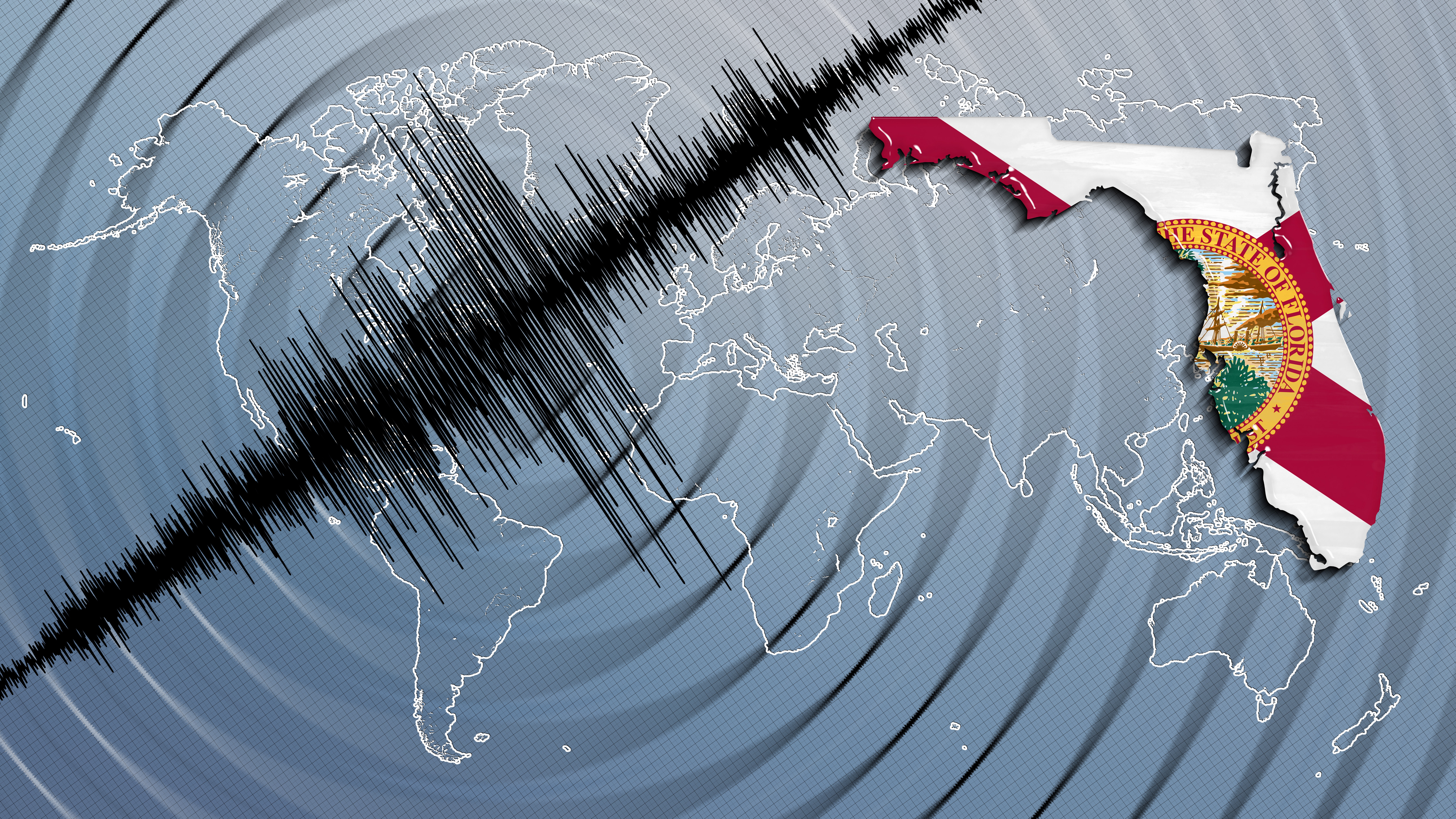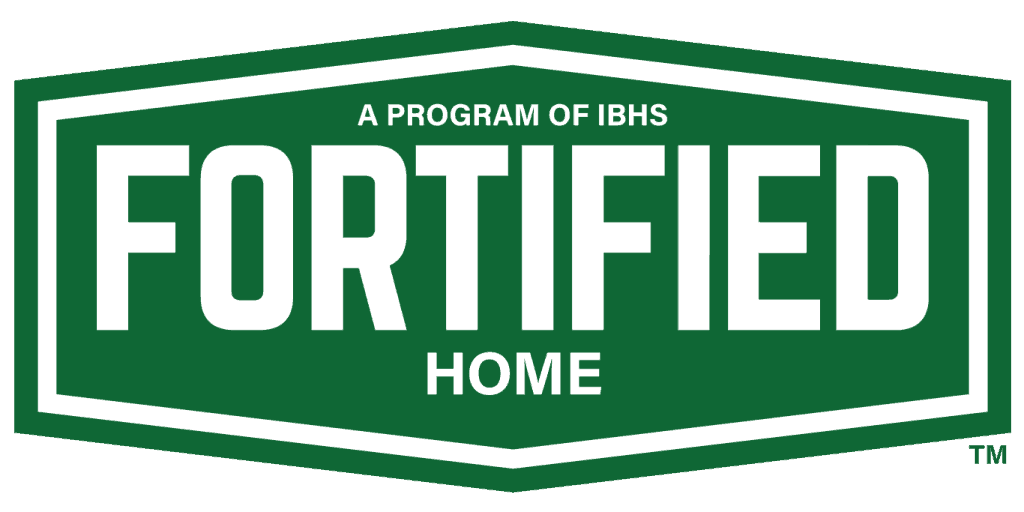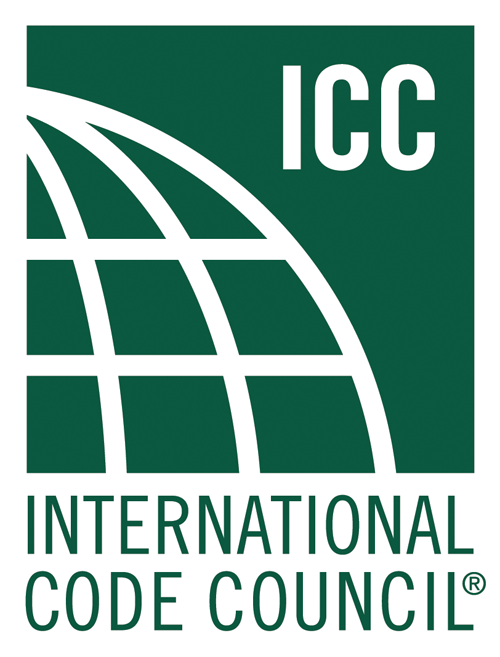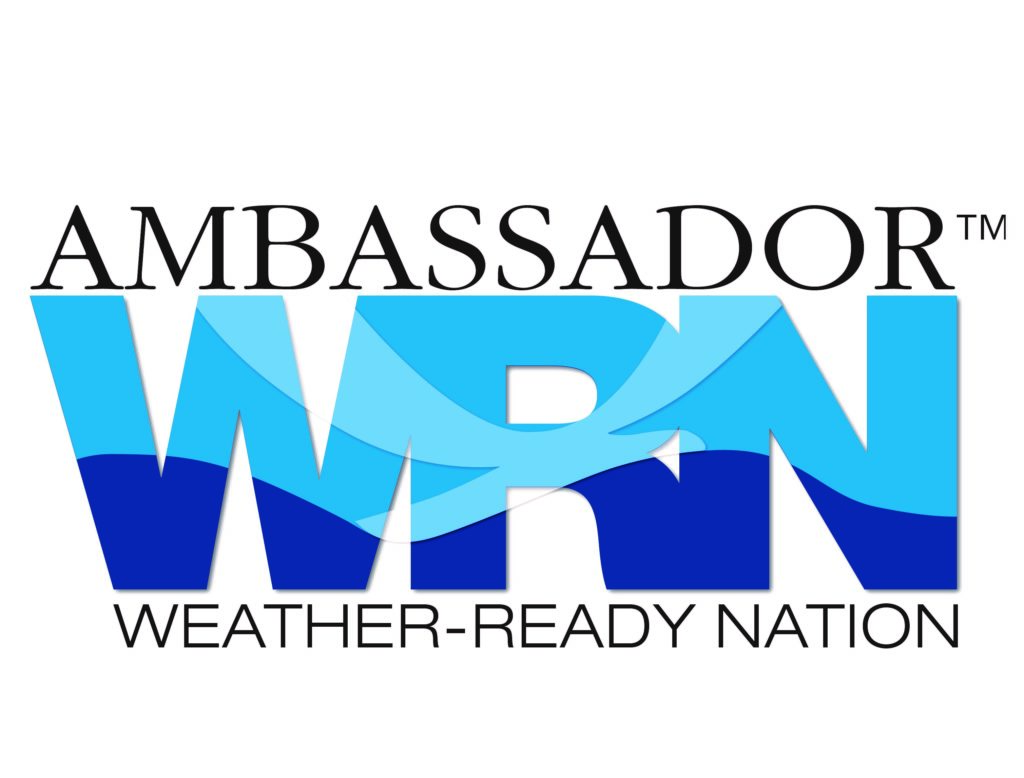
Florida, long associated with sunshine and sandy beaches, experienced a rare seismic rumble on Thursday, February 8th, 2024. A 4.0 magnitude earthquake struck about 101 miles off the coast of Cape Canaveral, sending tremors across the state and stirring conversations about earthquake preparedness and insurance coverage. While no significant damage was reported, the event has fueled concerns about the rising risk of earthquakes in Florida and its potential impact on the state’s vibrant coastal communities.
This earthquake wasn’t Florida’s first, but it was certainly its most noticeable in recent years. While the Sunshine State isn’t typically associated with seismic activity, it sits within the diffuse “Charleston Seismic Zone,” which stretches from South Carolina to Georgia and northward towards the Carolinas. Historically, this zone has witnessed several moderately strong earthquakes, with the largest recorded being a 7.3 magnitude event in Charleston in 1886.
While the recent quake was relatively minor, it served as a stark reminder of Florida’s vulnerability to seismic activity. Experts, however, emphasize that this isolated event doesn’t necessarily signal an increased risk of future earthquakes.
“It’s difficult to say definitively whether this is an isolated event or a harbinger of things to come,” said Dr. Oliver Boyd, a seismologist with the U.S. Geological Survey (USGS), in an interview with The Miami Herald. “However, it’s important to remember that Florida does have a history of earthquakes, and we should always be prepared.”
However, Thursday’s earthquake may have wider implications beyond personal preparedness. Recent years have seen an alarming trend of insurance companies withdrawing or ceasing to write new policies in coastal areas across the United States, citing increased risks associated with natural disasters like hurricanes and flooding. The February 8th earthquake, although minor in nationwide comparison, adds another layer of concern for insurers already wary of Florida’s coastal exposure.
According to a report by the Florida Office of Insurance Regulation, several major insurers have either restricted or stopped writing new homeowners’ policies in coastal counties in recent years. This trend is driven by a combination of factors, including rising sea levels, the increasing frequency and intensity of hurricanes, and, now, the potential threat of earthquakes.
While the full impact of the earthquake on insurance availability remains to be seen, experts predict potential consequences for coastal homeowners.
“If insurers perceive Florida’s coast as increasingly risky, we could see higher premiums for existing policies and limited availability of new policies,” said Dr. Sarah Johnson, an insurance risk analyst at the University of Florida, in an interview with CNBC. “This could have a significant impact on coastal communities, making it harder and more expensive for people to own property there.”
The situation, however, is not without solutions. State and local governments can take proactive steps to mitigate risks and reassure insurers. Implementing stricter building codes, investing in resilient infrastructure, and promoting earthquake preparedness programs can demonstrate a commitment to safety and potentially influence insurance companies’ decisions.
Additionally, homeowners can also proactively mitigate risk by implementing the methods of the FORTIFIED Home Program. This is a national voluntary construction and re-roofing standard, that is designed to strengthen homes against severe weather, such as storms, hail, hurricanes, and high winds. Other alternative options like earthquake insurance endorsements or parametric insurance, which pay out based on specific earthquake parameters rather than actual damage, are potential avenues homeowners may want to consider.
The recent earthquake in Florida serves as a wake-up call, reminding us of the ever-present risks associated with natural disasters. While the event itself may not have caused significant damage, it highlights the growing vulnerabilities of coastal communities and the challenges posed to homeowners in securing insurance coverage. Moving forward, proactive measures and collaborative efforts are crucial to ensure the resilience of Florida’s coast and the well-being of its residents.
Homeowners are strongly encouraged to contact Disaster Smart at 888-964-8776 ext.2 to schedule an evaluation of their property and mitigate risk today.
Sources:
- U.S. Geological Survey: https://earthquake.usgs.gov/earthquakes/map/?currentFeatureId=us7000bh6x&extent=30.99527,-87.15433&extent=31.01048,-87.11999
- The Miami Herald: https://twitter.com/MiamiHerald/status/1755569722475581607
- Florida Office of Insurance Regulation: https://floir.com/
- CNBC: https://www.cnbc.com/video/2023/06/30/home-insurers-reconsider-policies-in-florida-and-california-due-to-severe-weather.html
- University of Florida: https://www.ufl.edu/
Disclaimer: This article is for informational purposes only and should not be considered as professional advice. Please consult with a qualified insurance professional for personalized guidance on your specific situation.








